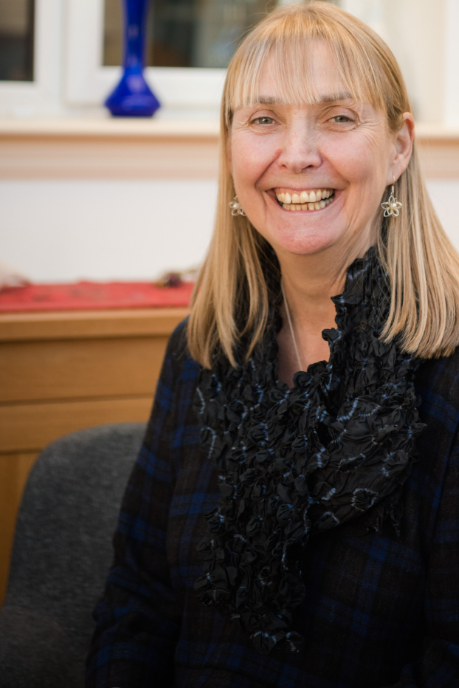This workshop, “Power and Equality in the Supervisory Relationship,” is part of a supervisor training series designed to provide participants with a comprehensive understanding of key knowledge-based learning outcomes from the supervision curriculum.
In this session, participants will explore the role of power in supervisory relationships, including how to foster collaboration, empower supervisees, and ensure equality in supervision. Through structured presentations, reflective activities, and practical discussions, participants will develop strategies for managing power dynamics effectively while promoting an ethical and equitable supervisory environment.
Learning Outcomes Covered:
Learning Outcome 4: Demonstrate knowledge, understanding, and awareness of power in supervisory relationships and the ability to work collaboratively, empower supervisees, and foster equality.
Content Area 8: Power in the supervisory relationship:
- 8.1 Sources of power in supervisory relationships and their influence on the power dynamic e.g., professional hierarchy, social and cultural differences, experience, reputation and status, the context in which supervision takes place, the role of assessment and evaluation.
- 8.2 Misuses of power in supervisory relationships e.g., boundary infringements, imposition of supervisor’s own ideas, values, and ways of practicing, shaming supervisees when they make mistakes.
- 8.3 The impact that an imbalance of power in the supervisory relationship can have on supervisees’ engagement and ability to disclose, wellbeing, and development.
- 8.4 Using own power appropriately and for the benefit of the supervisee.
- 8.5 Recognising and responding when a supervisee is deferring their power.
- 8.6 Helping the supervisee to manage their own part in the power dynamic.
- 8.7 Using own experiences of privilege, oppression, and power to inform and enhance the supervisory relationship.
What You Will Learn:
- The different sources of power in supervision and their influence on the supervisory relationship.
- How power imbalances affect supervisee engagement and professional development.
- Strategies to address and prevent the misuse of power in supervision.
- How to create a collaborative and empowering supervision space.
Who Should Attend:
The session will be conducted live on Zoom and will also be available as a recording in the Onlinevents library for later viewing. It includes:
- A structured presentation on key concepts.
- Reflective questions and knowledge checks to encourage engagement.
- Practical discussions on navigating power dynamics in supervision.
Competencies Addressed:
- CC3.3i-xi: Understanding sources of power in supervision and their impact.
- CC5.5x: Recognising the influence of social and cultural differences on the supervisory relationship.
- CC5.6: Identifying and addressing misuses of power in supervision.
Course Content
Presenter

Jo Birch has over 30 years’ experience as a psychotherapist, executive coach and educator. An accredited supervisor, Jo is currently the holder of the prestigious EMCC Global Supervision Award.
She remains an active contributor to the counselling, psychotherapy, coaching, and supervision communities — formerly Chair of BACP Coaching and board member of AoCS and EASC and regular volunteer with AC.
A regular journal contributor, Jo is editor of Routledge publications Coaching Supervision Groups: Resourcing Practitioners (2022) and co-editor Coaching Supervision: Advancing Practice, Changing Landscapes (2019) in the EMCC Mastery Series, and previously series editor of Thinking Global for Coaching Today.
As Director of Crucial Difference, she created an international team providing supervision training for coaches and supporting leadership development across the helping professions and beyond.
Also well-known for utilising person-centred creative approaches throughout her work, Jo initially studied with Liesl Silverstone and became one of a small group of accredited trainers. More recently her creativity has moved into photography and filmmaking which extend her personally and professionally. Currently she creates short films for people making a difference in the world; and is creating business portraits with people who hate being photographed!
Jo is committed to creating a more just and inclusive world. Having lived and worked in diverse innercity environments, she integrates multicultural learning into her work, delivering training in multiple languages (including English, Russian, and Chinese) and continually expanding her own cultural understanding through the study of Urdu, Spanish and more.


